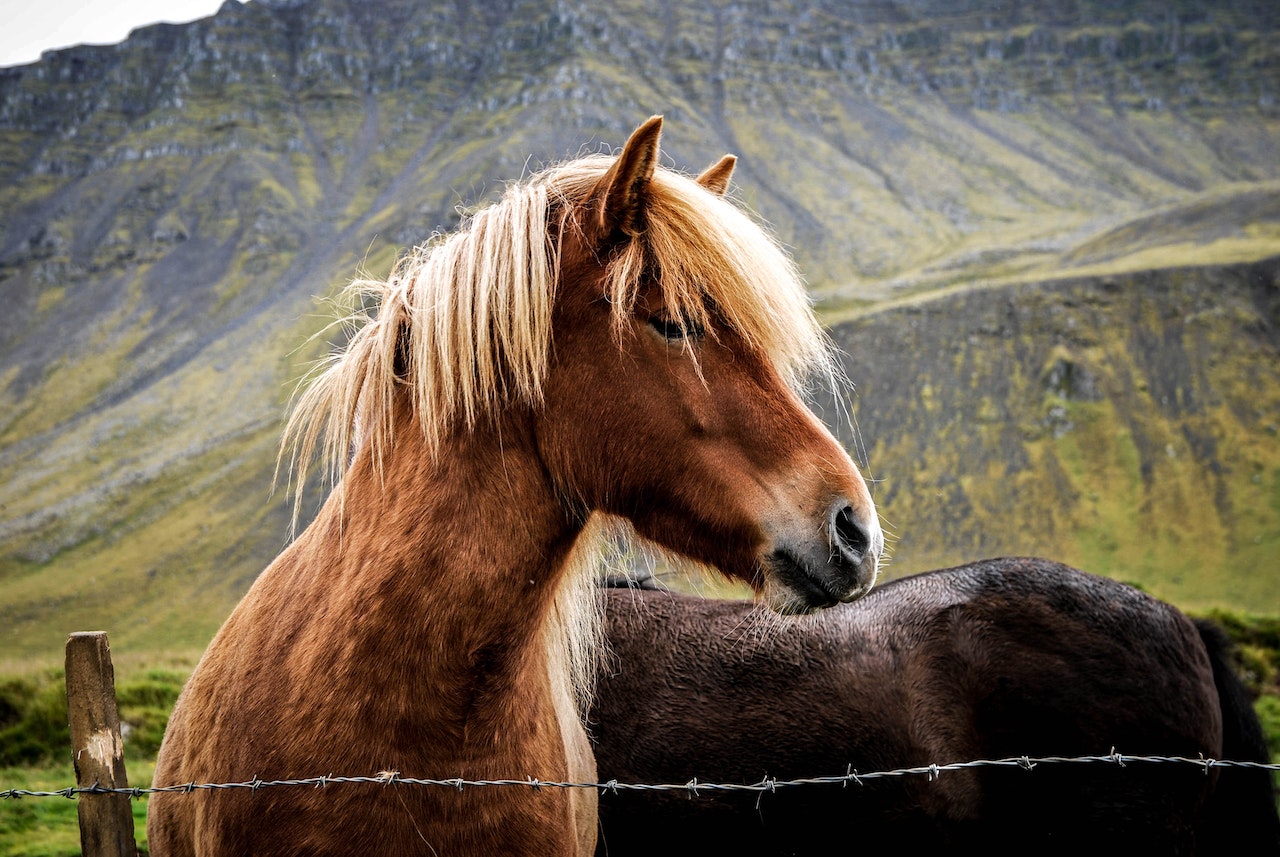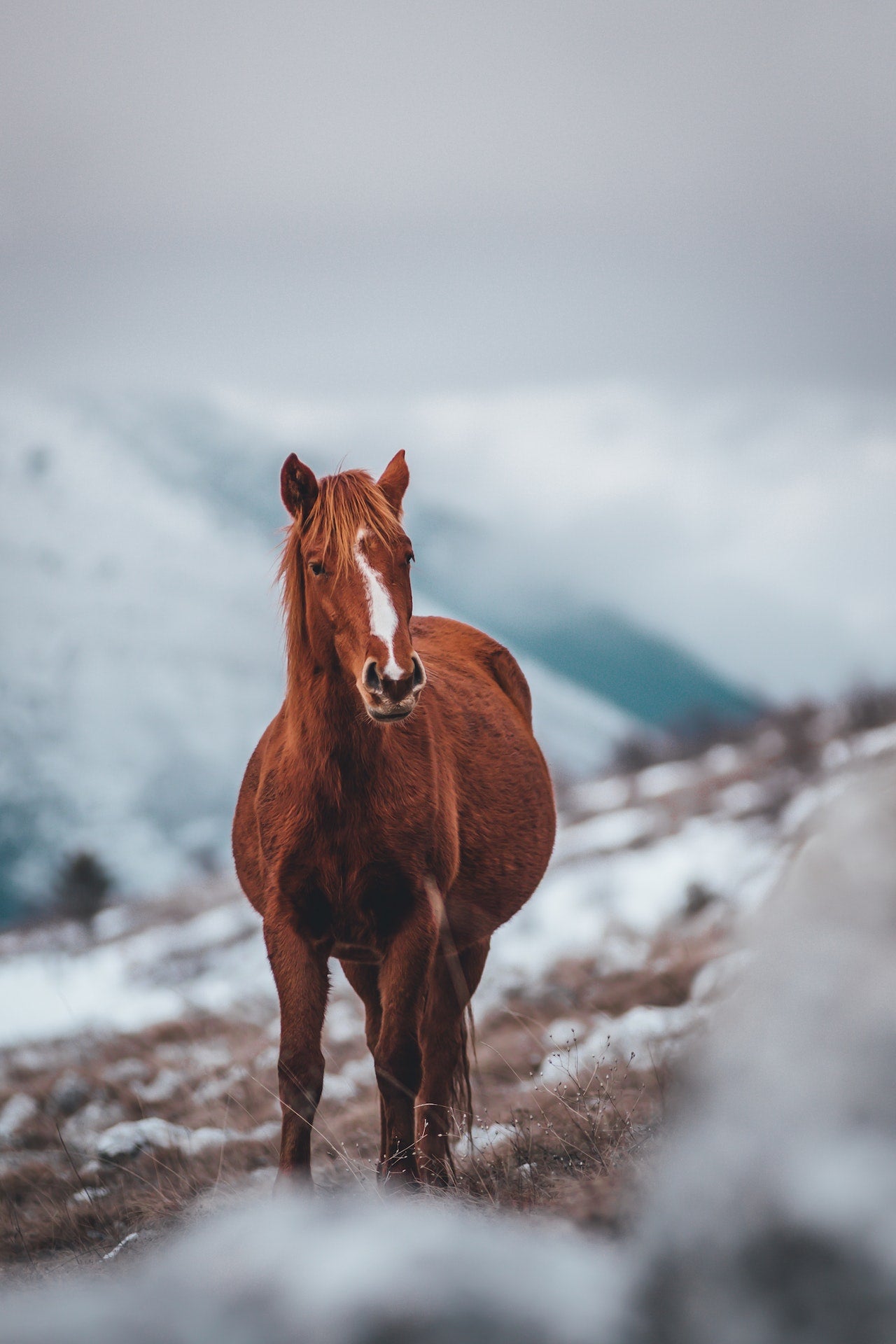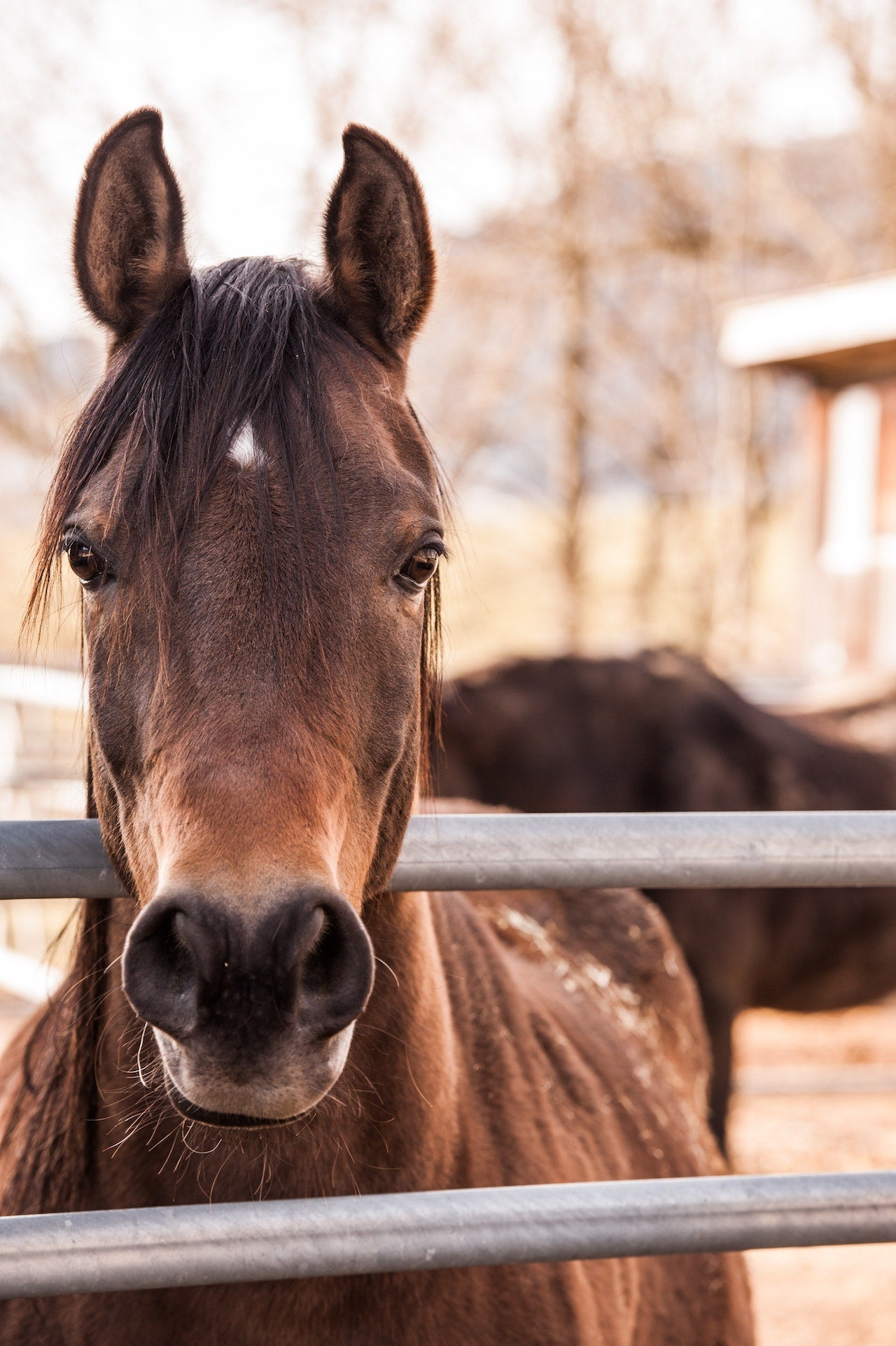
Tomatoes and Horses: Untangling the Equine Nutrition Enigma
The issue of feeding tomatoes to horses is one of the numerous questions that come up and often generates interest and discussion. Are these colourful fruits beneficial to a horse's diet, or do they need to be outright banned? The article explores the fascinating world of tomatoes and how well they get along with our horse friends.
With its vibrant hues and many culinary uses, the nightshade family member tomato radiates a seductive attraction. However, a substance called solanine that may be deadly to certain animals lurks behind their alluring exterior. A fuller picture of tomatoes' fitness for horse diet starts to take shape as we examine their composition, levels of acidity, and solanine-related dangers.
We will examine substitute fruits and vegetables that provide safer alternatives for a horse's diet as we traverse the complexities of equestrian nutrition. You will have a thorough knowledge of whether tomatoes may be included in the feed bucket or firmly placed on the "do not feed" list at the conclusion of this research.
Can Horses Eat Tomatoes?
No, horses should not eat tomatoes. The solanine compound found in tomatoes, a member of the nightshade family, can potentially harm horses. Tomatoes are also quite acidic, which may disturb the sensitive pH level in a horse's digestive tract. To minimize any possible health problems, it is advised to avoid giving tomatoes to horses.

Tomatoes
The scientific name for tomatoes is Solanum lycopersicum, and they are one of the most well-liked and commonly grown fruits in the world. Due to their seed-bearing nature, tomatoes are technically a fruit even though they are frequently utilised as a vegetable in culinary situations.
These adaptable fruits are prized for their luscious, succulent flesh that possesses a special harmony of acidity and sweetness. Because tomatoes have a high water content, they are hydrating and refreshing. They are also a good source of important vitamins and minerals, such as potassium, vitamin C, vitamin A, vitamin K, and lycopene, a strong antioxidant with possible health advantages.
While tomatoes are a favourite food of people everywhere, it's vital to remember that not all animals can eat them without risk. Due to its possible toxicity and impact on digestion, several animals, including horses, should avoid tomatoes.
Potential Risks of Feeding Tomatoes to Horses
Solanine Toxicity
The nightshade family, which also contains vegetables like potatoes and eggplants, includes tomatoes as well. These plants contain solanine, a substance that occurs naturally that can be poisonous to some animals, including horses. Even while ripe tomatoes have relatively low solanine levels, it is still wise to use caution.
Horses may have symptoms including gastrointestinal distress, including colic, diarrhoea, or stomach problems after consuming solanine-rich vegetables like tomatoes. Additionally, solanine's effects on the nervous system in some animals might result in neurological symptoms. Although the precise nervous effects of solanine on horses have not been thoroughly evaluated, it is still best to keep them away from possibly harmful substances.
Digestive Upset
Horses have a delicate digestive system that is made to consume a particular forage diet, which includes hay and grass. The sensitive pH level in their digestive tract can be disrupted when items introduced that are not integral to their natural diet are consumed, which may result in stomach disturbance. Tomatoes' acidity has been linked to gastrointestinal problems including colic and diarrhoea.
Individual Tolerance
The tolerance of various diets by horses might vary. It's important to understand that different horses may respond differently, even while several horse owners claim that feeding little amounts of ripe tomatoes to their animals had no immediate negative consequences. What a particular horse may tolerate may be problematic for another.
Alternatives to Tomatoes
Carrots
Because they are low in sugar, high in fibre, and loaded with beta-carotene, which the body transforms into vitamin A, carrots are a popular option for horses. They may be fed to horses either raw or cooked, and they frequently enjoy them.
Apples
Apples are another treat that horses enjoy. In addition to several vitamins and minerals, they offer hydration and fibre. Before feeding, make sure to remove the seeds and core to prevent choking risks.
Watermelon
Watermelon has few calories and is hydrating. The juicy meat, which may be a cool treat on hot days, is much enjoyed by horses. However, pay attention to the sugar content and consume food sparingly.
Celery
is a fibrous and crunchy vegetable that horses may be given. It has few calories and might help you stay somewhat hydrated. Before serving your horse, cut the food into manageable bits.
Cucumbers
Cucumbers have a high water content and are hydrating. Since they contain few calories, horses might enjoy them as a cooling snack. Before feeding, remove the seeds and cut them into manageable pieces.
Leafy Greens
Horses can be given tiny amounts of leafy greens including lettuce, spinach, and kale. They offer certain vitamins and minerals as well as extra fibre. Make sure they are fully cleaned and pesticide-free.
Proper Equine Nutrition
Here are some key considerations for achieving proper equine nutrition
Forage
Fibrous forage may be processed by horses' digestive systems since they are natural grazers. The mainstay of a horse's diet should be high-quality fodder, such as hay or pasture. It offers necessary nutrients, encourages healthy digestion, and supports tooth health.
Balanced Diet
Of their age, level of activity, and individual demands, horses may need extra nutrients in addition to grass. By adding necessary vitamins, minerals, and proteins, commercially manufactured feeds, such as concentrated or pelleted feeds, can assist in supplying a balanced diet. These feeds ought to be chosen depending on the needs of the horse and provided by the manufacturer's instructions.
Water
For horses, having access to clean, fresh water is essential at all times. Horses need a lot of water, and not getting enough water can cause dehydration, intestinal disorders, and other health concerns.
Portion Control and Feeding Frequency
Horses have delicate digestive systems that are suited for constant grazing. Therefore, rather than a few substantial meals throughout the day, it is crucial to offer regular, little meals. This helps promote healthy digestion by simulating their normal eating behaviour.
Concluding Words
Given the solanine content of tomatoes and how sensitive their digestive systems are, it is typically not advised to feed them to horses. Even though ripe tomatoes have relatively modest quantities of solanine, it is best to stay on the side of caution because horses have particular nutritional needs and digestive sensitivity.



